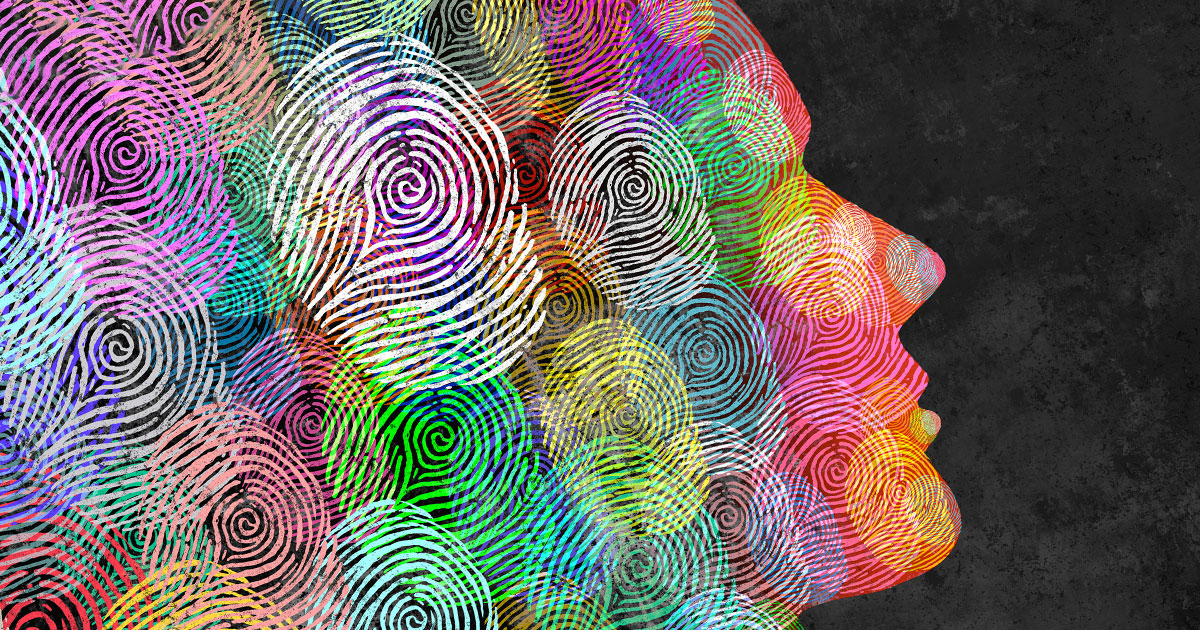
July 16, 2025 – Wisconsin lawyers will now be allowed to receive CLE credit for, but will not be required to take, courses in cultural competency and reduction in bias.
The Wisconsin Supreme Court recently released a Final Order (2025 WI 37) approving the State Bar of Wisconsin’s petition to create that category, effective Jan. 1, 2025.
The Final Order makes official the vote in open conference after a Jan. 15 public hearing on the petition, when it passed 4-3.
Justice Brian Hagedorn dissented without additional commentary. Justice Rebecca Grassl Bradley wrote a dissent, joined by Justice Annette Kingsland Ziegler.
The only state around Wisconsin that doesn’t include credit for such courses is Michigan, according to the State Bar’s supporting materials to the petition.
Two nearby states make the subject optional. Illinois lawyers must fulfill a mandatory five-credit category every two years covering six topics that include diversity and inclusion. Iowa lawyers are annually required to take one credit in wellness or diversity and inclusion.
Minnesota requires two hours of elimination of bias in each of its three-year reporting periods.
Amends SCR 31.02(5)
The amendment to Supreme Court Rule (SCR) 31.02(5) establishes the ability to receive credit for up to six hours in cultural competency and reduction in bias among the 30 required hours of CLEs during each two-year reporting period.
 Jay D. Jerde, Mitchell Hamline 2006, is a legal writer for the State Bar of Wisconsin, Madison. He can be reached by email or by phone at (608) 250-6126.
Jay D. Jerde, Mitchell Hamline 2006, is a legal writer for the State Bar of Wisconsin, Madison. He can be reached by email or by phone at (608) 250-6126.
This category is completely voluntary. Lawyers who do not wish to take courses in these categories are not required to take them.
The newly approved category is another specialty CLE category, such as law practice management (LPM) and lawyer awareness and understanding (LAU) that are optional with a maximum number of reportable credits for each reporting period.
The revised rule defines what constitutes cultural competency and reduction in bias to clarify courses applicable for credit.
Courses in “cultural competency” seek “to improve client communication and representation through the lens of knowledge and understanding of diverse populations with a sensitivity to cultural and other differences in personal traits” when interacting with the public and legal community.
“Reduction in bias” courses are “designed to educate attorneys to identify and reduce from the legal profession, the practice of law, and the legal system at large, biases against persons because of but not limited to age, race, gender, gender identity, economic status, veteran status, creed, color, religion, national origin, disability, or sexual orientation and to remove barriers to access to justice arising from discriminatory behavior.”
Second Petition
The State Bar petitioned the Supreme Court for the new CLE rule on June 27, 2024, after receiving unanimous approval from the 52-member Board of Governors (Board).
It’s not the first request to make such courses available. In 2022, the State Bar petitioned for a similar requirement, for “diversity, ethics, and inclusion, or recognition of bias.” The Supreme Court denied the petition without a hearing on a 4-3 vote.
The new petition, as clarified in the State Bar’s memorandum of support, makes clear that the courses are optional, the petition defined what qualifies for credit, and the number of credits in a reporting period is capped.
Throughout the discussion in previous and current proposals, State Bar members have supported the opportunity for such courses, but some questioned whether the courses should be mandatory.
In 2021, then-State Bar President Cheryl Furstace Daniels created a task force to study whether the credits should be mandatory. The task force commissioned a survey of State Bar members by St. Norbert College Strategic Research Institute.
As described in the State Bar’s memorandum in support of its 2024 petition, about 55%“somewhat supported” or “strongly supported” availability of diversity, equity, inclusion, and access (DEIA) courses as options, while about 20% opposed.
Roughly 48% of respondents, however, “somewhat opposed” or “strongly opposed” making the courses mandatory. Only about one-third of the respondents supported making the courses mandatory.
Need for Such Courses
The State Bar’s memorandum in support of the current petition also voiced the need for such courses because of the growing diversity of the legal profession and of Wisconsin.
“Attorney client relationships are the foundation of the legal profession,” the memorandum stated. “To continue to enjoy confidence with the public, the legal profession must be prepared to meet the clients’ expectations and needs.”
Working with diverse clients requires lawyers who recognize an individual’s traits, “such as their race, gender, religion, cultural background, income, or disability among other attributes” in serving the client, the memorandum said.
Statistically, Wisconsin is becoming older and more racially and religiously diverse, and its lawyers also are becoming more diverse, the memorandum said.
Hearing Participants
At the Jan. 15 public hearing, Immediate Past President Dean Deitrich clarified that “[w]e are not proposing diversity training,” and the proposed rule clarifies and defines eligibility for course credit for cultural competency and reduction of bias.
Legal practice in Wisconsin increasingly requires lawyers to know about other cultures, Dietrich explained. Family law especially can involve parties from different cultures, and the views of differing participants – parents and children – make the need to understand other cultures a part of the lawyer’s requirement of competence.
Legal Action of Wisconsin, Inc. supported the petition but wanted one mandatory credit. Jacob Haller of Legal Action of Wisconsin “strongly supported” the petition but reiterated the value of making sure all lawyers would receive the training.
Before the hearing, the Supreme Court also received comments in support from the State of Wisconsin Criminal Justice Coordinating Council, signed by Attorney General Josh Kaul and Department of Corrections Secretary-Designee Jared Hoy.
On the other hand, questions of effectiveness and the opportunity cost of the time it takes to complete CLE requirements was one argument raised in opposition to the petition.
Another member, Kevin Connelly of Wesby, “generally support[ed] the petition” in his written comments but raised questions about ensuring proper credentials and qualifications expected for trainers.
The Wisconsin Board of Bar Examiners reported in its written comments that it voted to support an alternative proposal allowing six credits for cultural competency and reduction of bias but would cap all specialty credits at 12 for each reporting period.
Justice R.G. Bradley’s Dissent
Among her concerns about the petition, Justice R.G. Bradley said, “[i]t does not purport to address or solve a problem; the State Bar never identified one” because such courses have been available “for years, and attorneys in this state routinely receive CLE credits for taking them.”
At the public hearing in January, Dietrich noted that the petition gives CLE providers more guidance and a better framework to develop programs that will be approved for credit.
Justice R.G. Bradley also viewed the petition as one pushing Diversity, Equity, and Inclusion (DEI), and argued that DEI “fractur[es] our society along racial lines.”
“DEI inflicts particularly pernicious damage on the justice system. Without any evidence, its adherents assert that race-based bias infects the entire system, precluding people of color from receiving equal protection of the law,” Justice R.G. Bradley wrote.
“Bullying of any kind harms people,” she wrote. “Bullying people into believing their skin color or gender determines their value (or lack thereof) inflicts a particularly pernicious harm.”
Ultimately, the absence of evidence justifying the rule change should have resulted in its denial, Justice R.G. Bradley explained.
“If the majority cared about consistency, it would have rejected this petition for failing to identify a problem or present any credible evidence supporting a remedy,” she noted.
